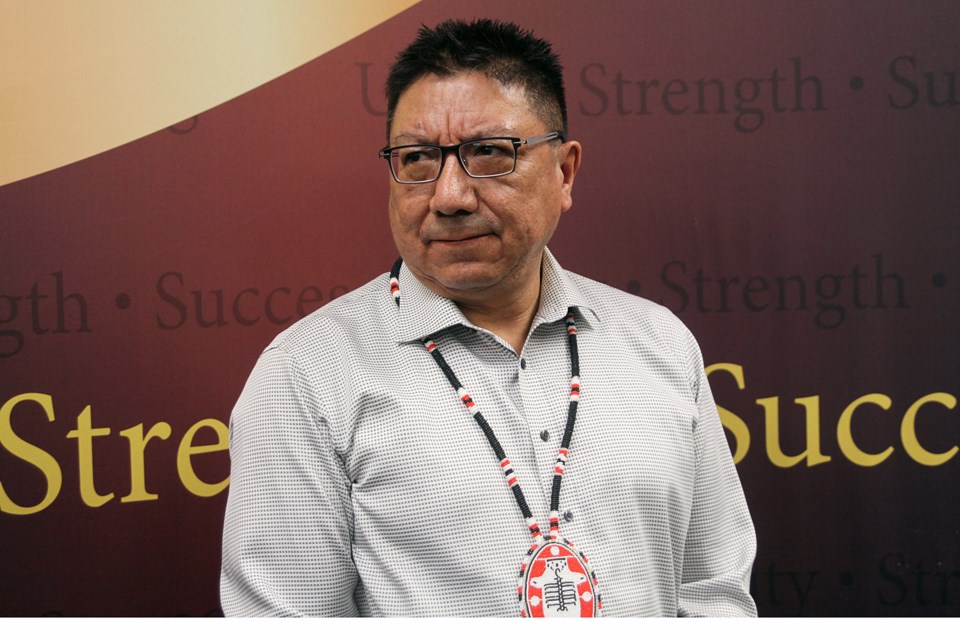THUNDER BAY – The head of Nishnawbe Aski Nation says senior levels of government must make a firm commitment to action to ensure racism is removed from Canada’s health-care system.
Grand Chief Alvin Fiddler on Friday met virtually with other Indigenous leaders and federal and provincial ministers in the aftermath of death of Joyce Echaquan in a Quebec hospital.
Echaquan, 37, died in late September, and streamed video of at least one nurse and a health-care attendant hurling racially charged insults at her after she told hospital officials in her Atikamekw language she was concerned about the medication she was being given and also about being over-medicated for her stomach issues.
The ensuing outrage led to the firing of a nurse and a promise to investigate the matter further.
Fiddler, in a release, says the incident shows the country still has a long way to go when it comes to Indigenous people and how they’re treated in the health-care system.
““This meeting was held in response to an egregious example of the failure of the health care system, tragically resulting in the death of Joyce Echaquan. Joyce’s husband shared a heartbreaking plea to find ‘Justice for Joyce’ and we will stand with him,” Fiddler said.
“The experiences shared by Indigenous leaders, health care professionals and grieving families painted a tragic picture. If Canada, the provinces and territories are serious about change they must support our right to health self-determination, recognize and respect a framework that addresses the health disparities for Indigenous Peoples, and commit to an urgent plan for implementation.”
Fiddler went on to cite a 2015 report by Canada’s auditor general that showed the country has a two-tiered, racist health-care system and that perception in Ottawa is far from what’s being experienced on the ground by Aboriginal patients, at the community level in remote First Nations and the failure of the country to fully address Indigenous health-care needs.
He cited a second report, the 2019 report on the National Inquiry into Missing and Murdered Indigenous Women and Girls, stating it found persistent and deliberate human and Indigenous rights violations and abuses, the roots of genocide among Indigenous women and girls in Canada.
Another report, released in 2016 by the Indigenous Health Working Group of the College of Family Physicians of Canada and Indigenous Physicians Association of Canada showed how persistent, systemic racism has been a barrier between Indigenous people and the health care they deserve.
It’s not acceptable, Fiddler said, demanding change.
“First Nations have always experienced a two-tiered health care system – one for Indians, and one for everyone else. The Indian system is such an atrocity that many of our people were once used as guinea pigs for medical experimentation. The system was built this way, and the effects are still felt today. It has always been racist, and racism kills - that’s the bottom line,” Fiddler said.
“We look forward to participating in a follow-up meeting in January 2021, but there is a lot of work to be done before then.”
